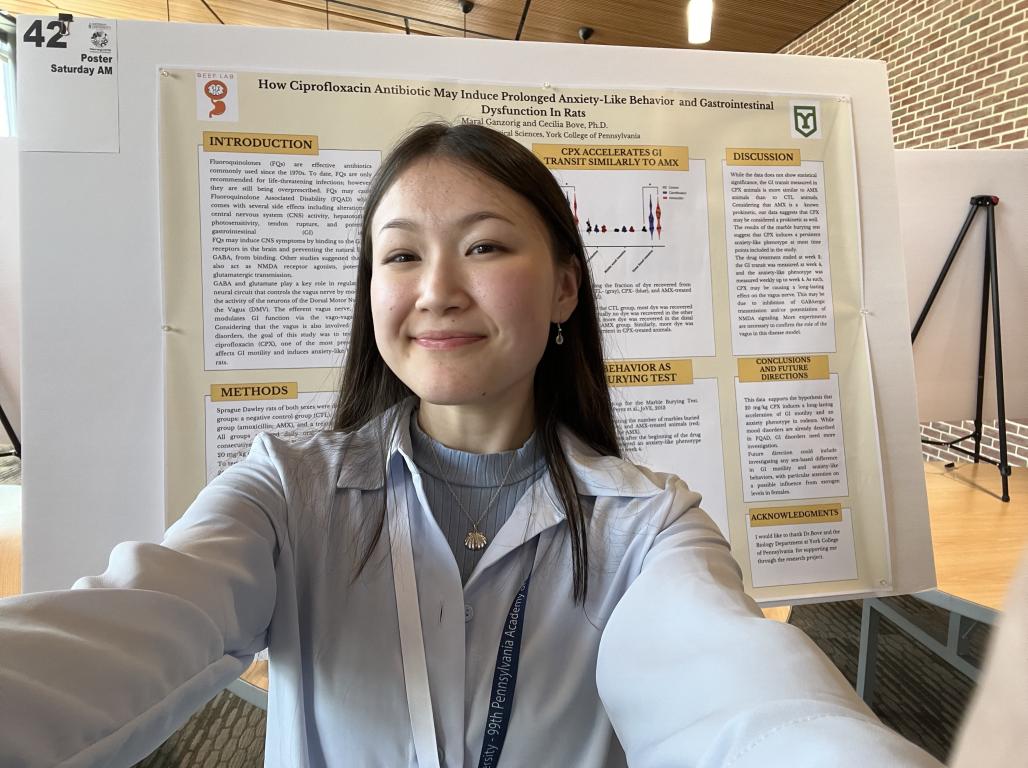Computer Science vs. Computer Engineering: Which Field Is Best for You?

Computer Science and Computer Engineering are both high-demand fields with strong job prospects. If you’re interested in working with computers, either subject area may capture your attention. So, which option is the better career choice? The answer depends, in large part, on your academic strengths and preferences.
What Do Computer Engineers Do?
Computer Engineers focus more on constructing the physical devices—the computers—for effective use, typically interacting directly with hardware. This may include embedded systems, real-time data collection, and interfacing.
Students who graduate with a degree in Computer Engineering typically go on to pursue jobs as system engineers, manufacturing engineers, mobile robotics engineers, and other roles dealing with hardware, firmware, and/or networks.
What Do Computer Scientists Do?
Computer Science is often based in mathematics and foundational theories. It provides an understanding of the inner workings of computer programs and the ways that information can best be digitally shared. Computers scientists’ main areas of expertise will be in abstraction and fundamental principles that help with environment mapping, path navigation, and general computation and coding.
Graduates of Computer Science programs often take on careers in software development, web programming, data analysis, and other jobs that require a strong theoretical understanding of computers and their functions.
Studying Computers in College
York College of Pennsylvania has ABET-accredited degree programs in both Computer Science and Computer Engineering. These majors are housed in the Kinsley School of Engineering, Sciences, and Technology, home to students with futures in the technical and scientific fields. Students have access to state-of-the-art engineering and computer labs, along with internship and co-op opportunities to help them get real-world, practical training.
David Babcock, Ph.D. chairs both the Computer Engineering and Computer Science programs at York College of Pennsylvania (YCP) and has a wealth of prior experience in programming, robotics, and related fields. From his first encounters with a Tandy TRS Model 1 when he was in the third grade, his interest in all things computers has granted him fulfilling opportunities to develop his skills for the better—and to mentor the next wave of young thinkers.
Dr. Babcock is often asked for his insight into the fields of Computer Science and Computer Engineering, especially by prospective students and families, as well as those who are having a hard time choosing between majors.
“At York College, the Computer Science and Computer Engineering [curricula] have nine common courses,” Dr. Babcock explains. These courses range from everything from basic programming to computer architecture and also include a senior capstone experience. In addition, students are able to take elective courses in either program. Internships and co-ops provide the most separation between majors, as they greatly impact each program’s suggested course sequences.
One of Dr. Babcock’s favorite courses to teach is Analysis of Algorithms, as it benefits both junior Computer Science and senior Computer Engineering students. “It is also great to see them work together on capstone projects,” he says, “where they each bring separate expertise but are able to work well together because of significant overlap in their skills.”
Student Learners, Student Leaders
Graduates of either field are likely to find themselves in high-yielding careers, but even during their time in college, YCP students already have access to opportunities that build their experience and prepare them for life post-graduation.
Student capstone teams have designed systems and products that address issues in healthcare, manufacturing, business, and beyond. Past projects have received official recognition in a number of places, including in engineering education conference publications.
Students often have the opportunity to participate in summer internship experiences, working directly with businesses to advise and problem-solve. By bridging the gap between classroom study and real-world issues, students are well positioned to pursue opportunities that take them to the next level.
So, Which Field is Better?
In essence, Computer Engineering and Computer Science careers each have their own benefits. Before you dive into a degree program for one or the other, take some time to research both areas and what a particular institution has to offer. Visit campus and schedule time to speak with a professor who can walk you through the nuances of this complex decision. Take a look at the lab spaces, the alumni network, and the course catalog to see if you can get a sense for which types of classes would suit you best.
The field that’s better is the one where you are best positioned to thrive. Do you see yourself working with hardware and networks? Or do you prefer mathematics, program codes, and the theories behind the systems? Do some research, evaluate your own strengths and interests—before long, you’ll probably find that the answer becomes clear.
Interested in a career working with computers? York College offers a number of technology-related programs. Explore your options at YCP:



